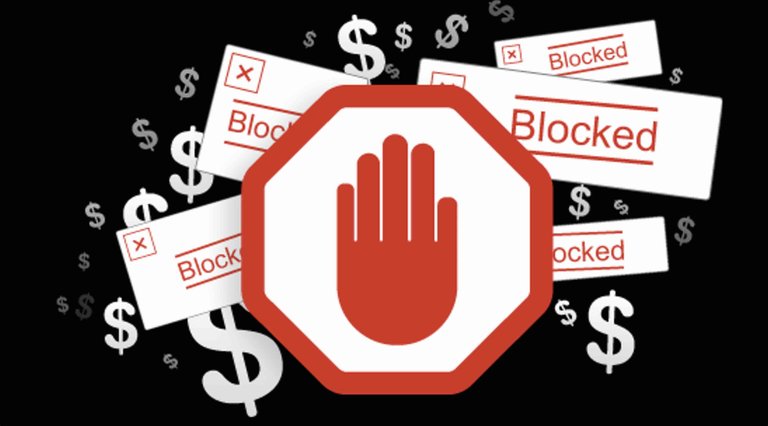Late yesterday, people started to notice a new move from website publisher Salon. Readers who used browsers with ad blockers were told that they had two choices. Turn ad blocking off or let Salon use your extra computing power to mine a cryptocurrency called Monero. Or, as someone in a private social media discussion said, "Mine your own business."
Developing an effective business model can be a challenge. Your venture needs money, but if you push too hard on customers, they can walk away. Innovative business models may sound compelling, but might not work in the long run. Freemium services, in which one level of access was free and heavy users were expected to pay for more, were popular for a while, but the economics are difficult to make work.
But the one thing you absolutely cannot do is give everything away. That's been a problem with online publishing for years. Ad-based business models seemed a natural -- a digital extension of print. But too many sites, vast inventory, and automated buying systems have driven down revenues to the point where many publications are desperate to find ways to make money.
In a push to keep dollars coming in, publishers resorted to increasingly obnoxious forms of ads: pop-ups, videos that autoplay even when not in sight, and displays that took over your screen. The use of ad blockers increased. That is only continuing as browser developers incorporate the technology. Google plans to activate partial ad blocking in Chrome for the more irritating types of ads starting tomorrow.
The annoyance factor isn't the only issue. There is the problem of malware that can get distributed through ads, as some have pointed out.
However, a bigger fundamental issue is that people want something for nothing. Too many half remember a Stewart Brand quote and say "information wants to be free." They don't know or remember or want to acknowledge the other part: information wants to be expensive because it's valuable. And valuable things can cost a lot to produce and provide.

The desire for free satisfaction is why charging for access hasn't worked. It's difficult to get enough people to pay the amounts that someone has to, whether readers or advertisers. So, a number of sites have used pop up displays to say viewers with ad blockers who didn't pay for content had a choice to white list the site, so ads could appear, or to go elsewhere.
The brilliance of the Salon approach is that it opens a third choice. Mining a cryptocurrency using excess computing power while the reader is there helps make money and even provides a cachet of tech innovation.
There do seem to be problems with the implementation. I went to Salon using Firefox with ad blocking enabled and did not see the pop-up. Salon didn't have an immediate explanation of how that could happen.
However, that is a secondary issue. Any company has to survive to provide goods or services. If people go off in a huff because they don't want to pay, you must be ready to wave good bye.
If the issue is the form of payment, finding other ways to communicate prices can help. Fast food is an example, where combination meals offer more to customers and in return for what seems a comparative bargain the business gets higher absolute margin dollars.
Salon is doing exactly that by experimenting with alternatives to the fixed idea of ads or direct payments. Maybe this will work. Maybe not. But getting out of a strategic rut and looking for new approaches is absolutely right. And if people don't want to cooperate, you don't them.
Any business needs a way to make money, and if people don't like it, show them the door.
It will be a lot more interesting things... if you liked the post "upvote" and the follow me... @jeronimoo
Thanks for the support ...
Congratulations @jeronimoo! You received a personal award!
Click here to view your Board
Congratulations @jeronimoo! You received a personal award!
You can view your badges on your Steem Board and compare to others on the Steem Ranking
Vote for @Steemitboard as a witness to get one more award and increased upvotes!